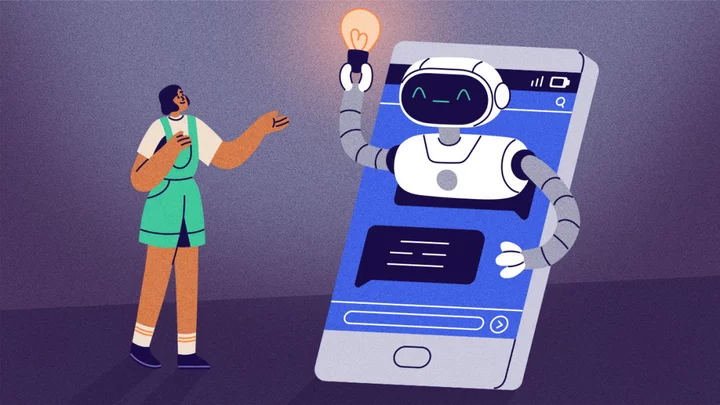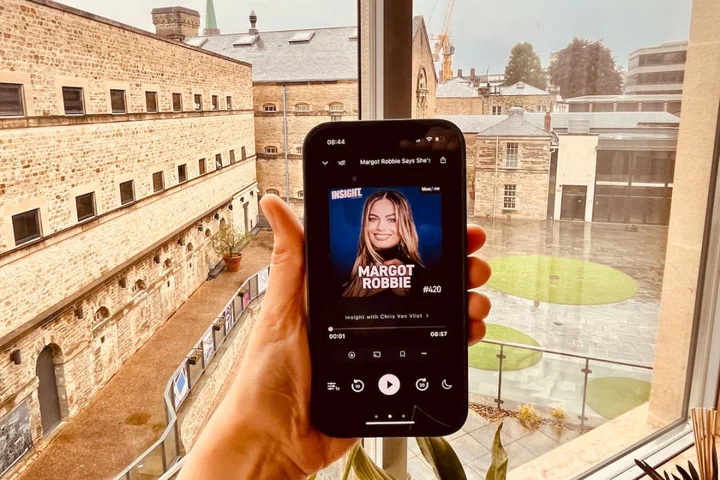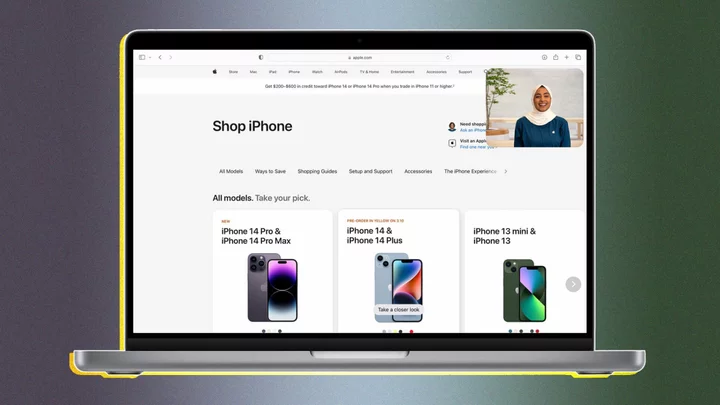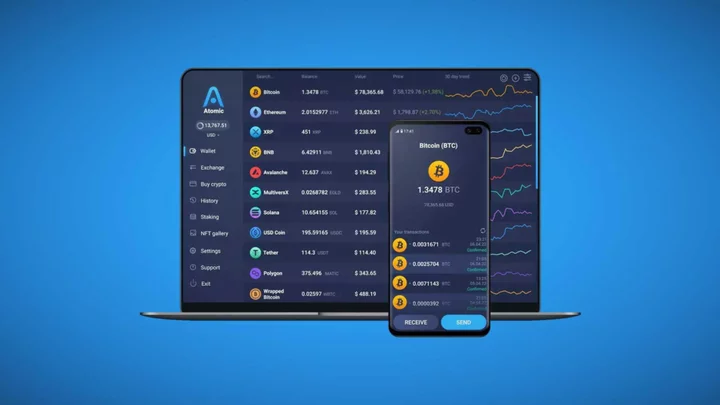There are many more AI chatbots on the web than just ChatGPT, and knowing their strengths and weaknesses can make a big difference in how you use them. Thanks to billions of dollars in investments, these tools improve and change constantly, bringing more excitement about their potential along with sometimes frightening ethical issues. Yet, most people still have basic questions about artificial intelligence such as, “What is it, and how do I use it?”
We put the best AI chatbots to the test to cut through the hype and assess what they can really do. Their human-like responses to your questions and prompts, plus their ability to carry on a natural conversation can help you get information in minutes instead of the hours it might take to sift through individual links in an online search. Chatbots can also do more than that: They can create tables of data, craft a flirty text message, and much more thanks to add-ons like ChatGPT plug-ins. There’s no ceiling right now on what AI, and specifically large language models, can do for you.
Read on to learn what makes the top three generative AI chatbots different from one another and how to choose the best AI chatbot for you.
How Much Does It Cost to Use an AI Chatbot?
All the chatbots we tested are free to use. ChatGPT is the only one that has a free version and a paid version, called ChatGPT Plus, which costs $20 per month.
Other AI chatbots not reviewed here charge a range of prices. There isn't much consistency in this market yet. For example, another popular AI tool called Jasper costs $49 per month for individuals and $125 per month for teams. Perplexity charges $20 per month. HuggingChat by HuggingFace is free.
What’s the Difference Between a Chatbot and a Large Language Model?
Chatbot is an umbrella term that large language models fall under. It can apply to a customer service answer bot with limited canned responses, as well as a more sophisticated tool like ChatGPT.
We specifically test chatbots that use a form of AI called large language models. They use vast quantities of data to “learn” patterns in the information and predict user intent based on questions or prompts. No answers are canned or pre-determined. They are uniquely generated for each conversation between human and machine, during which the model remembers recent exchanges and builds on the information in a natural, human-like way.
How to Choose the Best AI Chatbot
To test AI chatbots, we ask each one the same series of questions and compare their answers, looking at accuracy, length, complexity, and consistency over time. We also look at the core features each chatbot offers, such as whether they can create tables of data, provide citations, accurately summarize information, and so forth because it dictates what you can use them for. However, AI technology is rapidly evolving and what it can do may change in a single day. We account for these differences and note the things that change over time as appropriate.
There are pitfalls to this approach that are worth bearing in mind. For one, it’s impossible to fully vet the scope of an AI chatbot solution. One person may have a niche use case related to their work, while another person may have zero use for that particular functionality. It would require an army of experts in every field to fully evaluate these tools, and even then the tools change constantly. Not even their creators are quite sure yet what they’re capable of.
That said, there are some clear differences we notice in testing. After spending significant time with each one, you will likely form your own opinion on which are the best ai chatbots just as we have.
For more, visit our AI content hub.









